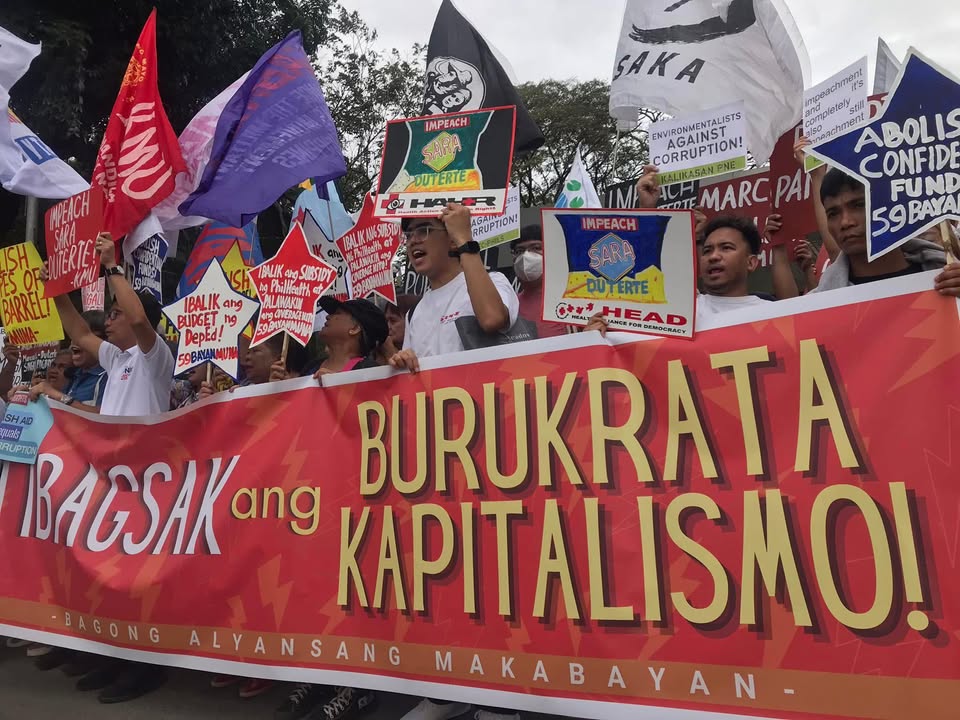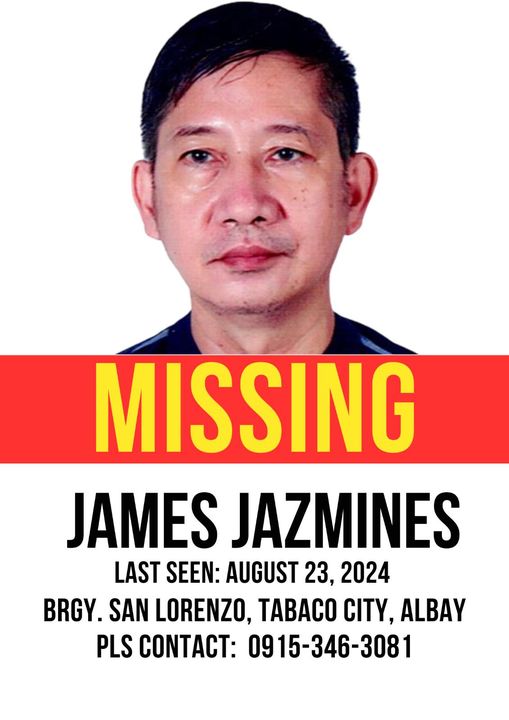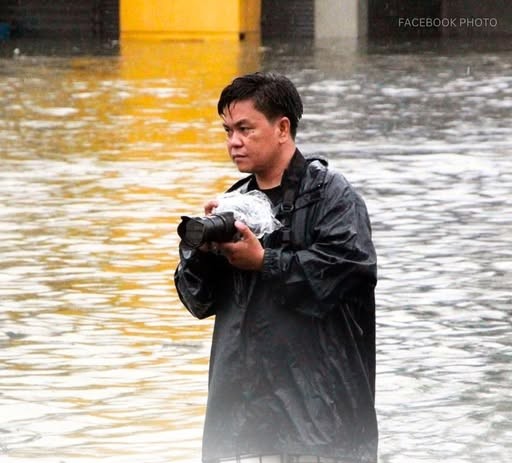The International Criminal Court has convicted and imprisoned those guilty of war crimes and crimes against humanity, refuting former President Duterte’s claim that the tribunal only issues demands without enforcing any prison sentences.
During the House Quad Committee’s eleventh hearing into the war on drugs on November 13, Rep. Lordan Suan (Cagayan De Oro, 1st District) questioned Duterte’s 2018 decision to withdraw the Philippines from the Rome Statute.
“Walang ginawa ‘yan [ICC]. Wala namang nakulong. Wala naman… basta puro demanda ‘yan,” Duterte told Suan in response.
However, the tribunal’s website has shown that the ICC has convicted four individuals and sentenced them to prison in several cases.
In March 2014, Congolese rebel leader Germain Katanga was found guilty as an accessory to a crime against humanity, specifically murder, following an attack on Bogoro village in the Democratic Republic of Congo. He was sentenced to 12 years in prison, with time served deducted.
In September 2016, Islamist militant Ahmad Al Faqi Al Mahdi was sentenced to nine years for aiding in the destruction of historic and religious monuments in Mali, including nine mausoleums and a mosque. His sentence was reduced by two years for time served at the ICC detention center.
Thomas Lubanga Dyilo, former president of the Union des Patriotes Congolais militia, was sentenced to 14 years in prison in July 2012 for recruiting children under 15 to participate in hostilities. The fourth case involved five individuals convicted of crimes against humanity during the armed conflict in the Central African Republic, with sentences ranging from six to 30 months. These convictions contradict Duterte’s claim that the ICC has not imprisoned anyone.
The ICC has been investigating Duterte’s war on drugs and related extrajudicial killings since 2017, before the Philippines withdrew in 2018.
The court has continued to collect documents and interview individuals involved. Under Article 127 of the Rome Statute, withdrawal takes effect one year after the UN receives the notification, making the Philippines’ exit official in March 2019. However, the ICC retains jurisdiction over crimes committed while the Philippines was still a member. (TCSP)




